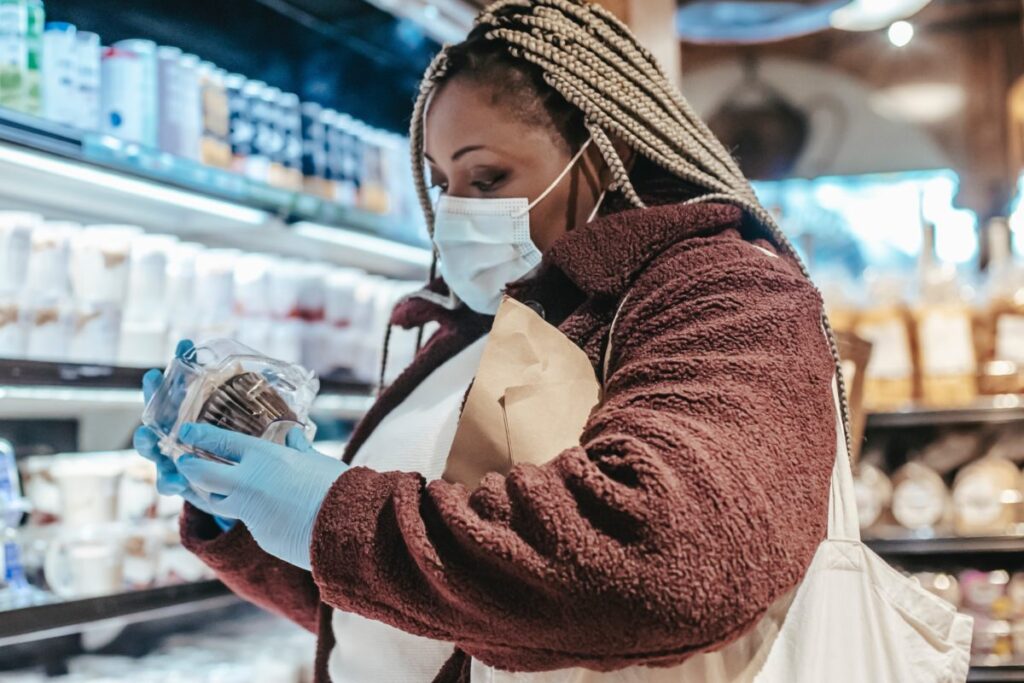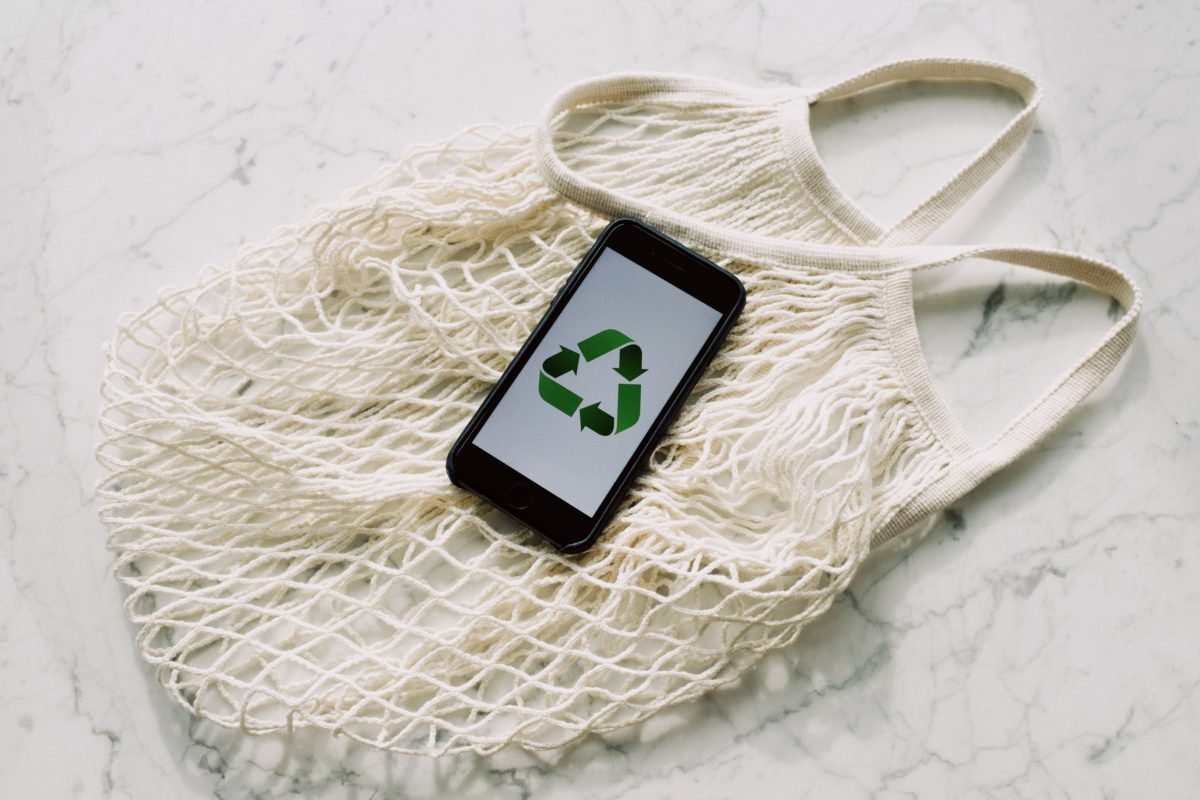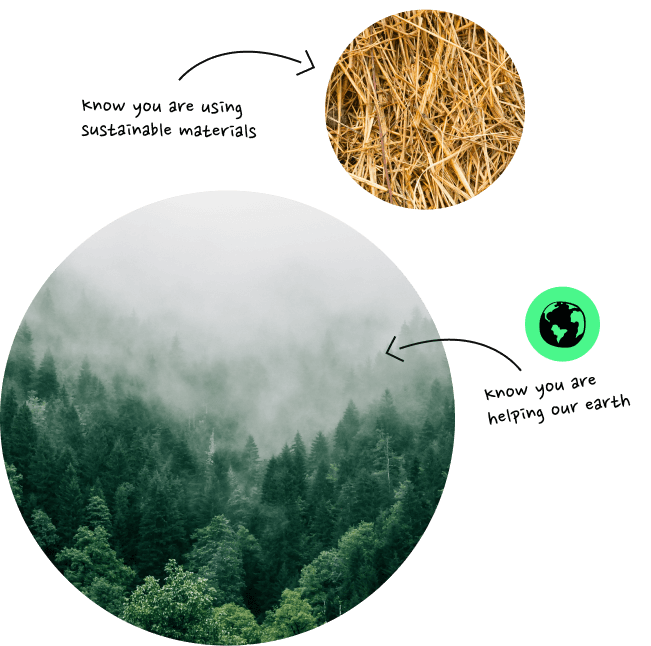An exclusive report released by Moonshot Collaborative has unequivocally proven that consumers are concerned about and have preconceptions surrounding sustainable packaging. What does this mean? That ethical producers are heading in the right direction by listening to end-users and providing alternatives to planet-damaging materials. The report, which surveyed self-described plant-based consumers, underlines how various eco buying behaviors and preferences dovetail, i.e. a consumer who follows a plant-based diet is more likely to care about sustainable packaging.
Below, we share the top 5 takeaways from the report:
1. 9 out of 10 plant-based buyers say sustainable packaging is important
Sustainable, in this instance, is thought to include packaging that minimises waste and contains as little plastic as possible. This figure suggests that packaging composition is a contributing factor when consumers are deciding which products to buy.
Extra point: Sustainable covers a broad scope of definitions and for many consumers, simply means ‘recyclable’.
2. 67% of plant-based buyers actively select recyclable packaging
Of this group, 33% revealed that recyclable packaging is the most important factor when considering a new product. More than half of those asked also revealed that they look for packaging that is not only recyclable at EOL but also made from recycled materials to begin with.
Extra insight: Consumers can be confused by different recycling labels and might prefer to choose those that are clearly marked as ‘recyclable at home’.
3. 58% of plant-based buyers cite health as a reason for buying sustainable products
85% of plant-based consumers acknowledge that personal health is one of their top motivations for buying plant-based goods, but when something has a ‘sustainable’ tag attached to it as well, it becomes even more appealing.
Extra insight: Sustainable products seem to be widely considered to promote better health, even if they don’t claim to themselves.
4. 44% of plant-based buyers look for sustainability information on product packaging

We might all have a world of information at our fingertips now, thanks to smartphones and associated green apps, but plenty of consumers still prefer to shop the old-fashioned way: in person and by reading the packaging. This means that clear definitions, EOL instructions and material compositions need to be displayed in a customer-friendly way.
Extra insight: Interestingly, 41% of those asked said they use search engines to discover the sustainability rating of certain companies and products, while 39% favour online product reviews and just 34% use brand websites. The latter is the most cost-effective way to get a message or ethos out there, but incorporating media links to bolster claims will make for a more engaging visit for consumers and perhaps even help to convert sales.
5. Only 4% of consumers in the US West say sustainable packaging isn’t important at all
Representing significant geographical demographic shifts, the West appears to have taken sustainable packaging and ethical living to heart. Terms such as ‘biodegradable’ and ‘plastic-free’ have proven to be exceptionally popular with consumers looking to spend consciously. Other regions in the US have shown to be less focused on finding sustainable packaging options.
Extra insight: Companies looking to launch sustainable enterprises or products in the US should consider starting in the West, as there is an engaged audience there and consumers have shown to be more willing to invest in and pay more for earth-friendly solutions.
About The Study: All contributors to this study considered themselves to be plant-based, with 800 individuals surveyed and chosen to give an accurate overview of 40-45% of all US adults. Get the full Moonshot Collaborative report here.
Lead image photo by ready made from Pexels.






